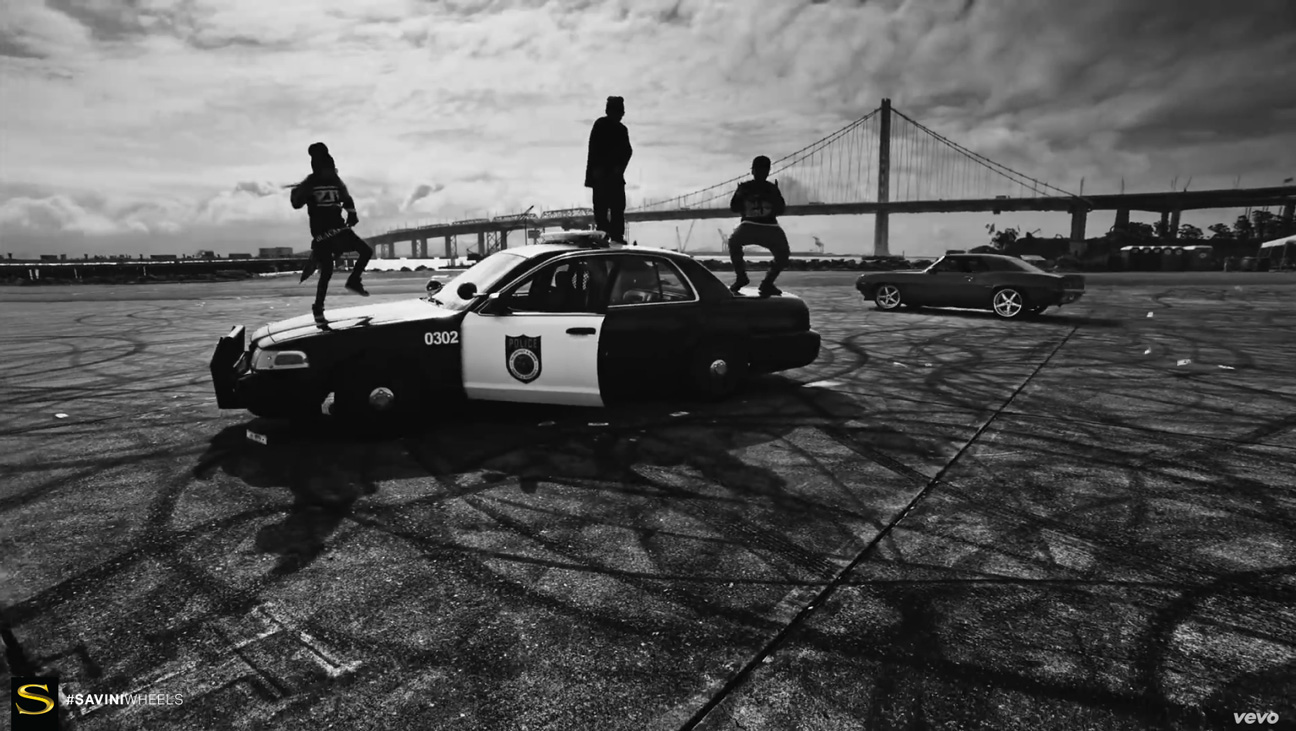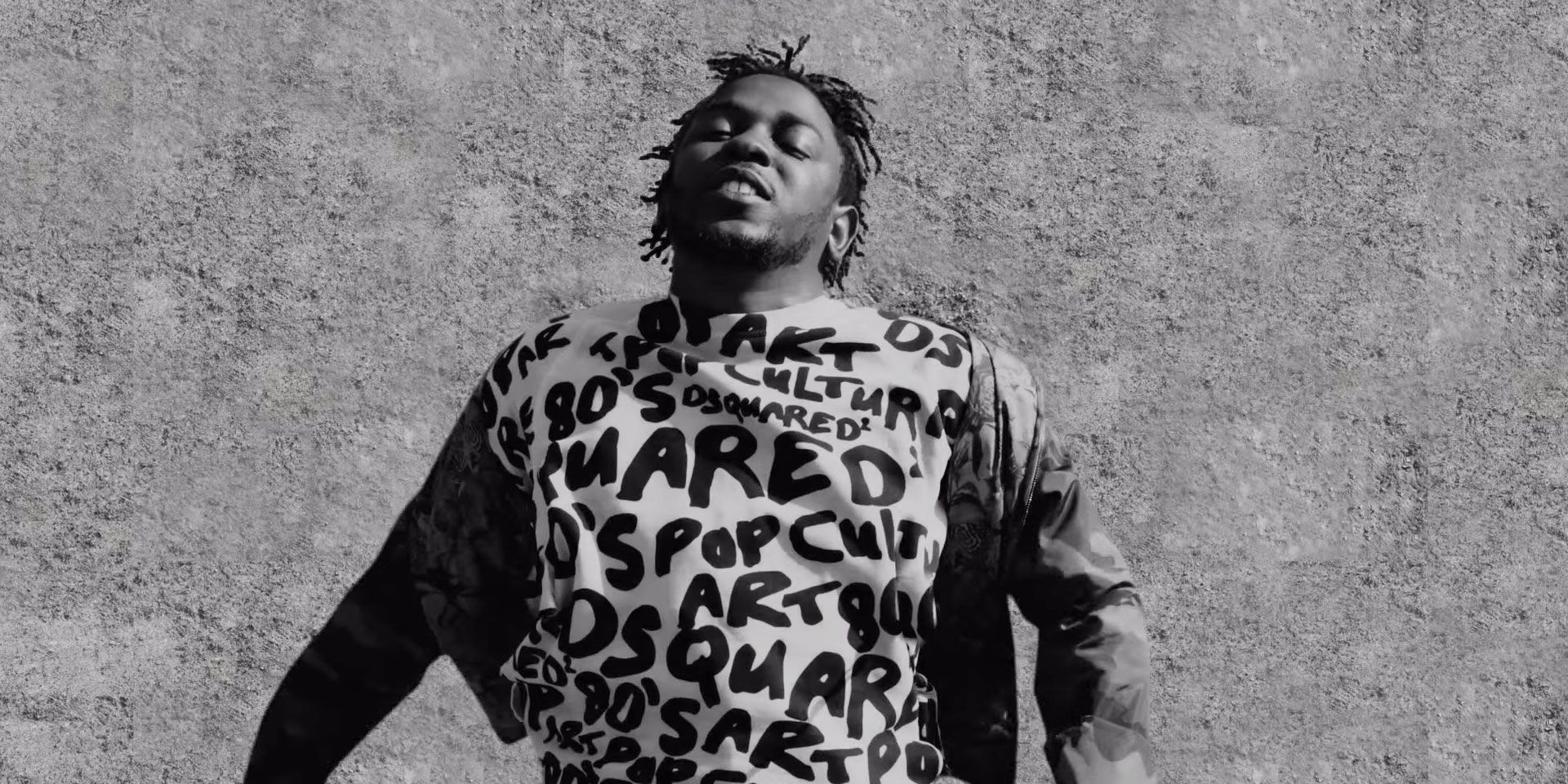

Images from social media must blur out the user's social media username. This includes, but is not limited to, offering and requesting leaks. Posting leaks on the subreddit are not permitted. are done completely at the risk of the buyer and seller. Any ticket sales, purchases, or exchanges etc. We do not endorse the selling and purchasing of tickets, merchandise, or other commodities. Any user who wants to self promote must have a reasonable post and comment history in this subreddit that is not related to whatever the user is trying to promote. This applies to podcasts, videos, blog posts, & etc. "Meta" is defined as about the subreddit or its members. If you want to make a "meta" post, you need to message modmail first asking for permission. Posting or seeking any identifying personal information will result in a ban without a prior warning.Ĭomment replies consisting solely of images will be removed.Ībuse of tags, link flairs, AutoModerator, and fake posts about new music will be removed and subject to ban. Don't be a dick, and use your better judgment. Personal attacks, trolling, and bigotry will result in bans. Regardless of the scenario, all posts and comments are subject to removal. “But if God got us, then we gon’ be alright,” is an acknowledgment of hope spoken into existence Kendrick’s vision of a better future headed by faith and unity.Be kind to others. The Black Lives Matter movement uses this as a holy testimony to use faith in protest for their equal treatment. This is where the “Alright” develops from a song to an anthem. This line is crucial to the choir of the song Kendrick outlines the numerous hours he spent on his knees praying for change, eventually learning that he must take action through faith. Yet, to alleviate this frustration, the next verse is “I’m at the preacher’s door/My knees gettin’ weak, and my gun might blow,” reinstating his religious connotations. Police brutality is mentioned at the apex of the song, Lamar claiming “and we hate po-po/Wanna kill us dead in the street fo sho,'” emphasizing the frustrations of the law working against the black community. The lyrics express a life-long struggle and years of pain that span longer than Kendrick’s own life specifically the systematic oppression of black men.


The lyrics are very much conflicting with charismatic instrumentals of the song. At first listen, the joint choir seems optimistic, chanting “We gon’ be alright/Do you hear me, do you feel me? We gon’ be alright,” encouraging those to look past their tribulations and have confidence that everything will be okay a deeper meaning expresses why he raps this message. These urges and fantasies of revenge are his “Images of Lucy,” unfaithful ideas manifesting in his head. In his song “Alright,” he targets oppression in the black community, specifically police brutality, and his urge to go rogue and fight back. Lamar presents his conflict with a seemingly unresponsive God and visions of Lucifer, “Lucy,” surrounding his everyday life. With an infamous fixation on religion, Kendrick addresses his confidence in God to ease his burdens as a black man escaping Compton, California, and his new role as an influencer in the whitest tier of society. To Pimp a Butterfly details an inner-battle to find a higher purpose. But of the 16 song album, why is “Alright” the voice of protest? To find the answer you need to understand the controversy of the album as a whole. Immediately after release, Lamar’s song appeared in BLM marches and protests across the country. More than just a catchy choir, Kendrick Lamar’s “Alright” off the respected “To Pimp a Butterfly” album is a testimony of prosperity to oppressed and colored communities.


 0 kommentar(er)
0 kommentar(er)
